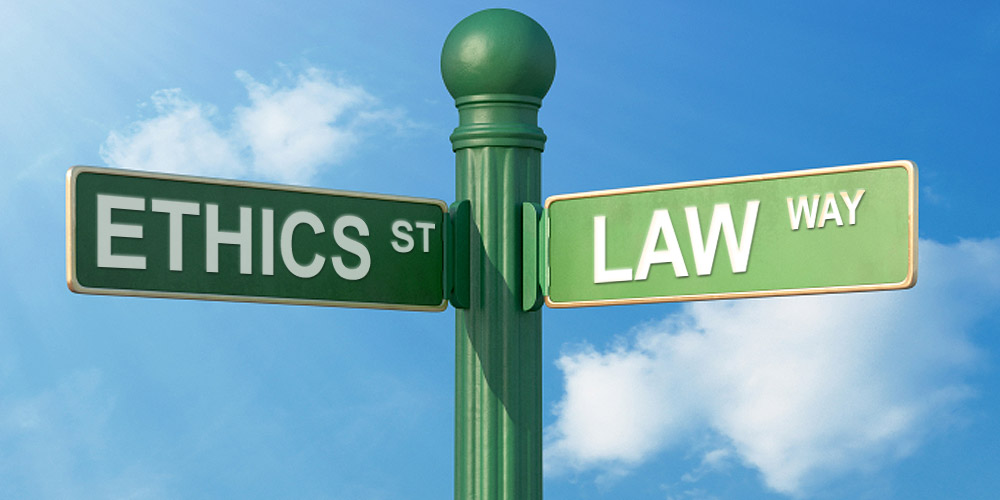What is fiduciary litigation?
Fiduciary litigation encompasses a wide range of legal actions including, without limitation, trust and estate litigation, will contests (also referred to as caveat proceedings), breach of individual and corporate fiduciary duty claims, and guardianship proceedings. Fiduciary litigation is becoming increasingly relevant as the baby boomer generation continues to age.
What is a fiduciary?
A fiduciary is an individual or corporation in whom another places trust and confidence to act in their best interest. Generally speaking, a fiduciary is tasked with prudently caring for the financial assets of another.
What are the types of fiduciary relationships?
- Relationships created by statute, such as in estate administrations (i.e., administrator and heir) or guardianship and incompetency proceedings (i.e., guardian and ward);
- Relationships created by contract (i.e., attorney and client or an attorney-in-fact pursuant to a power of attorney); and/or
- Relationships arising from underlying circumstances between parties and the nature of the transaction at issue. These relationships can arise when one party places trust and confidence in another and the latter is aware of such trust and confidence.
Who is considered a fiduciary?
Trustees, personal representatives (such as executors and administrators), attorneys-in-fact, court appointed guardians, lawyers, and accountants are examples of fiduciaries.
What types of duties do fiduciaries owe?
There are many different duties that fiduciaries can owe, depending on the nature of the fiduciary relationship: a duty of good faith and fair dealing, a duty of loyalty, a duty of impartiality, a duty to delegate, a duty to inform, a duty to maintain adequate records, and others.
What are the elements of a breach of fiduciary duty?
In order to prove a breach of fiduciary duty, one must show three things: (1) the existence of a fiduciary relationship; (2) the fiduciary breached a duty; and (3) the damages were proximately caused by the breach of the duty.[1]
Who has jurisdiction over fiduciary duty cases?
The clerks of Superior Court have original – and often exclusive – jurisdiction over the administration of trusts[2] and estates.[3] However, actions that alleging breach of fiduciary duty, or that seek to terminate, modify, or revoke trusts, caveat proceedings to contest wills’ validity, or actions against fiduciaries for breach of their duty must be filed and tried in Superior Court.[4]
Do I have a case against a fiduciary?
Fiduciary litigation is very fact-specific and can vary widely depending on the circumstances surrounding the case, the parties involved, and the nature of the fiduciary relationship. An experienced attorney can help you determine whether you should pursue fiduciary litigation and will consider the following questions: (1) the scope of the defendant’s fiduciary obligations; (2) the standards by which the defendant’s fiduciary obligations will be measured; (3) who has the burden of proof; and (4) whether there are any facts or documents that change the fiduciary’s obligations.
For more information about fiduciary litigation and other areas of practice, please visit us as https://lindleylawoffice.com/.
Please check back soon for more posts about different causes of action related to fiduciary duty and the types of fiduciaries involved in litigation.
[1] Green v. Freeman, 367 N.C. 136, 749 S.E.2d 262, 268 (2013).
[2] N.C. Gen. Stat. § 36C-2-203.
[3] N.C. Gen. Stat. § 28A-2-4.
[4] N.C. Gen. Stat. § 36C-2-20d(f)(3) and N.C. Gen. Stat. § 36C-4-410, et. seq. and N.C. Gen. Stat. § 28A-2-4(c)(3).




